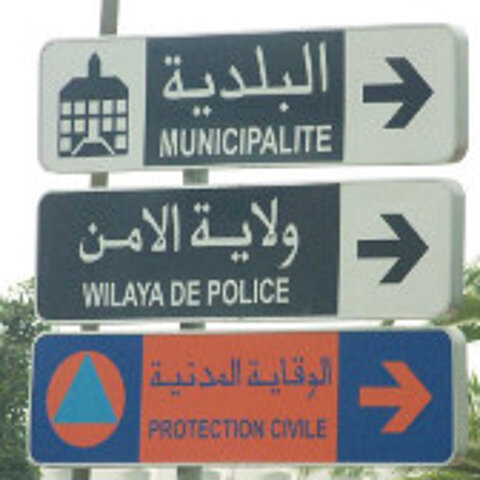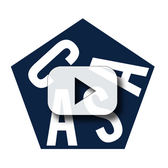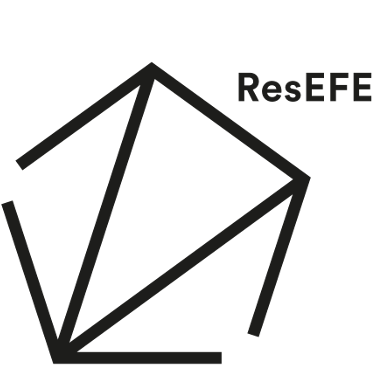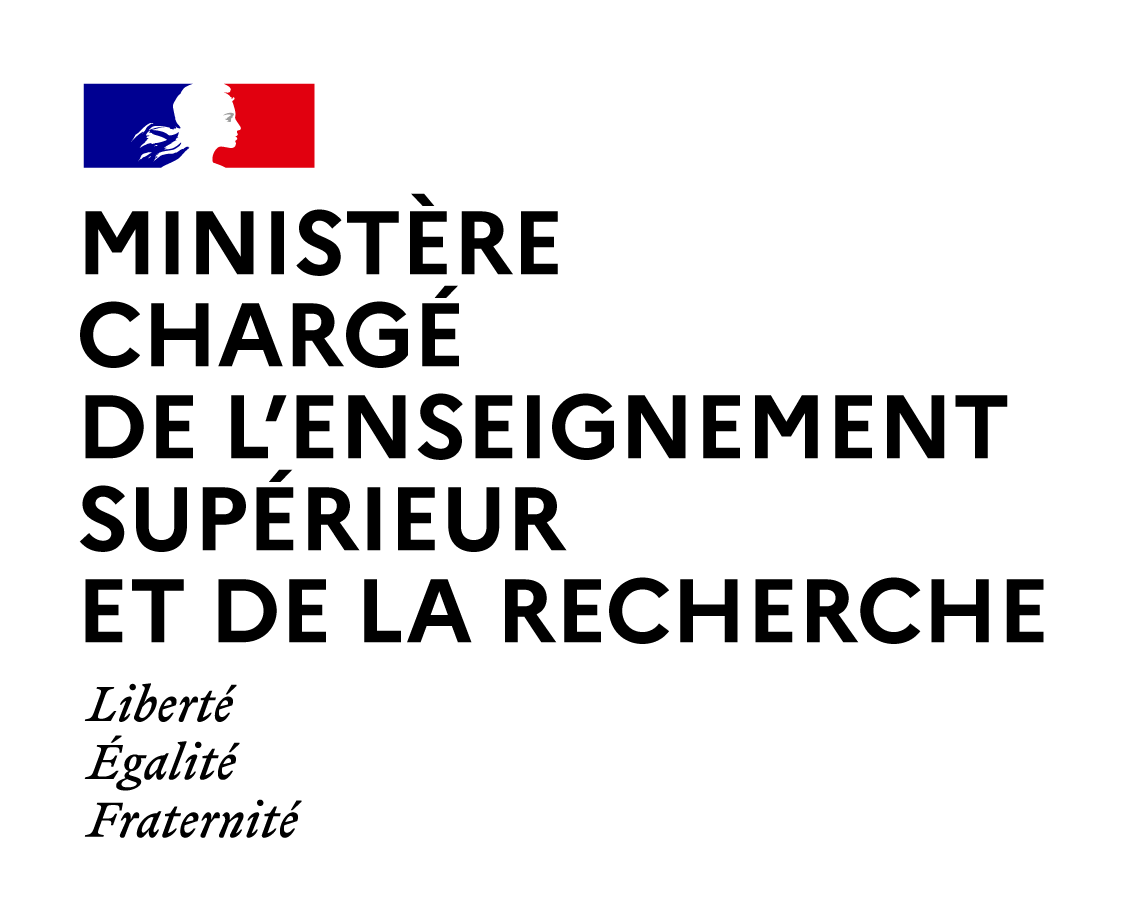Coord.: Gabriel MARTINEZ-GROS (Université Paris Ouest Nanterre La Défense), Léon BUSKENS (Leiden Universiteit), Stéphane MICHONNEAU (EHEHI-Casa de Velázquez)
Org.: École des hautes études en sciences sociales, École des hautes études hispaniques et ibériques (Casa de Velázquez, Madrid), Universiteit Leiden
Conference venue:
Casa de Velázquez
C/ de Paul Guinard, 3
28040 Madrid
Attention : inscription necessary for participation. Inscriptions are closed.
Languages in muslim societies: sacred requirements and profane necesities

Podcasts
From Medieval 'Asabiya to Modern Nationalism: What is Kurdish Language Useful for?
Boris JAMES

The Three Languages at the Mountain of Tongues: Arabic, Persian, and Turkish in pre-Modern Caucasus
Timur KORAYEV

Arabic Dialectology and Sociolinguistics: A Methodological Approach
Montserrat BENÍTEZ FERNÁNDEZ

Unity, Totality, Diversity: Media and the Politics of Language in Turkey
Hakan ERGÜL

Presentation
From Mindanao to Bosnia and from Senegal to Xinjiang Muslims express themselves in hundreds of languages, as befits a culture area which includes one fifth of humankind. This linguistic diversity however refers to one source: in none of the two other important culture areas related to a world religion, Christianity and Buddhism, a sacred language as hegemonic as Arabic plays such a preponderant role. The Qur’an is considered not to be translated, and its authoritative commentaries were composed in Arabic. Islamic law has remained all through its history especially closely linked to Arabic, also by its rootedness in the holy text, in the hadîth, and in the Sîra of the Prophet, and in the stories about his companions.
The administration of the Islamic empire and its succeeding states on the other hand detached itself quickly from the holy language. A first step was the construction of an imperial prose, which was the work of Christian secretaries and Persian grammarians serving the empire, as is common knowledge. Later on two other languages took over successively, both in the administration and in cultural expression: first Persian, which became much more important than Arabic between the thirteenth and eighteenth centuries, stretching its influence from Anatolia to the Indian subcontinent, and afterwards Ottoman Turkish. Arabic, on the contrary, lacking the cohesive force of state power, manifested itself in a multiplicity of spoken languages, often referred to as “dialects”.
For a long time every “Islamic” language, practiced in a context in which Islamic values mattered, was written in the Arabic, or Arabo-Persian script, such as Malay, Swahili, Berber, and Spanish/Aljamiado. Even Christian languages, as Syriac, Greek, and Armenian, were written at certain times with Arabic characters. Today this is no longer the case. Hardly half of the Muslim communities in the world, between Morocco and Pakistan, with the exception of the Turkish and Turkic peoples, write and read the Arabic script. Elsewhere Latin script has become dominant. Its spread was linked to European models of “modernity”, which also showed in processes of “de-arabisation” and “de-persification”, leading to transformations of Ottoman into contemporary Turkish, and of Hindustani into today’s Hindi. Urdu failed to imposed itself, and its accompanying Arabo-Persian writing system, in Bangladesh. Malay has been transformed into Indonesian and is written in Latin script. In Kenya and Tanzania Swahili has become the national language of countries in which Christians form by far the majority, and has lost its primary attachment to Islam.
In almost all Muslim countries colonisation and modernisation have established in the centre of the state elites who use European languages. These European languages have often taken over roles that formerly the great languages of Islam fulfilled. For example, English has replaced on the Indian subcontinent Persian in kindred domains. Arabic itself, revitalised and reappraised during the Nahda of the nineteenth century, modernised its lexicon, its style, and its teaching, by adopting the tools of modern linguistics and printing.
Nowadays islamist movements fiercely criticise these dominant trends. Among Muslims in China and in Subsaharan Africa for example, Arabic is considered to be the language of “pure” Islam and (re)conquers roles which salafi or jihadi militants deny to French (in the Maghrib) or to English (in Northern Nigeria).
The 2014 spring school in Madrid focuses in particular, but not exclusively, on these problems of the multiple and changing hierarchies of languages, of ancient and contemporary practices and linguistic geographies, and on the place of Arabic, Persian, Urdu, Hausa etc, and also of European languages in the Muslim World.
Organization
This workshop will consist on 5 days' work in which conferences will be followed by debates. The workshop will receive some distinguished specialists in this subject. This workshop is focus on diverse public: researchers, PhD or post-PhD students or secondary education teachers. Participants, who will be a maximum of 10 people, will share their time between conferences and practical workshops on PhD subjects. English will be the main language as conferences and debates are developed in this language.
Practical information
The organizing committee will assume the accommodation, in double room and half-board. Breakfast is included. Travelling should be assumed by the students.
There will be four Grants of 300 € that will be only offered to students of Universities or Institutions of higher education of Maghreb or Latin America who will apply this application form.
Program
MONDAY 17th MARCH
9.00-13.00
Registration
Opening and introduction
Michel BERTRAND
Directeur de la Casa de Velázquez
Thijl SUNIER
NISIS (Universiteit Leiden)
Gabriel MARTINEZ GROS
Université Paris Ouest Nanterre La Défense
Chair
Nathalie BERNARD-MAUGIRON
Institut d'études de l'Islam et des sociétés du monde musulman (IISMM, Paris)
Keynote lecture 1
Michiel LEEZENBERG
University of Amsterdam
From Coffee House to Nation State: Vernacularisation and the Rise of Modern National Languages in the Islamic World
Questions and discussion
Keynote lecture 2
Boris JAMES
Institut national des langues et civilisations orientales (INALCO, Paris)
From medieval ‘asabiya to modern nationalism: What is Kurdish language useful for?
Questions and discussion
14.30-17.00
PARALLEL WORKSHOPS
Workshop 1: Poetry
Chair
Gabriel MARTINEZ GROS
Université Paris Ouest Nanterre La Défense
Marije COSTER
Rijksuniversiteit Groningen
Poetry and prophecy: Competing claims to authority
Questions and discussion
Victoria KHRAICHE RUIZ-ZORILLA
Universidad Complutense de Madrid
Popularism and language ideologies among the writers and poets of the Palestinian resistance in Israel
Questions and discussion
Teresa SOTO GONZÁLEZ
Centro de Ciencias Humanas y Sociales (CSIC, Madrid)
The Edge of the Word: Poetry, Polemics and Religiosity in Late Morisco Poetry
Questions and discussion
Faryaneh FADAEIRESKETI
Universiteit Leiden
Of war and poetry: Japanese haiku in Persian dress
Questions and discussion
Workshop 2: Communities and their languages
Chair
Léon BUSKENS
NISIS (Universiteit Leiden)
Maryse KRUITHOF
NISIS/Erasmus University
Accessory results of the Christian mission in colonial Java; the enrichment and standardization of the vernacular languages
Questions and discussion
ISTIQOMAH
NISIS/Rijksuniversiteit Groningen
Language and religious identity in Ambon: A variety of Ambonese Malay in everyday life practices
Questions and discussion
Hanadi IBRAHIM
University of Jeddah
The social life in Mekka in late Middle Ages
Questions and discussion
Mónica COLOMINAS APARICIO
NISIS/University of Amsterdam
Lost in translation in late Medieval Iberia: Mudejar polemics with the Christians and the Jews
Questions and discussion
Workshop 3: Spoken languages
Chair
Boris JAMES
Institut national des langues et civilisations orientales (INALCO, Paris)
Mahjouba BIJAOUI
École des Hautes Études en Sciences Sociales
Uses and territories of the Spanish language in the Maghreb in the eighteenth and nineteenth centuries
Questions and discussion
Elsa GRUGEON
École des Hautes Études en Sciences Sociales-IIAC/LAHIC
Using Arabic languages in Jerusalem al-Aqsa Mosque: Situations and significances
Questions and discussion
Mathias DE MEYER-OLIVARES
Université libre de Bruxelles
Issues around the sacred and the pragmatics of languages in a Moroccan primary
Questions and discussion
Oussama BOUFRIKHA
Sousse University
The protesting spaces and its symbolic systems: Anthropological approach to ibadism in M’zab
Questions and discussion
TUESDAY 18th MARCH
10.00-13.00
Chair
Stéphane MICHONNEAU
École des hautes études hispaniques et ibériques (Casa de Velázquez, Madrid)
Keynote lecture 3
Montserrat BENÍTEZ FERNÁNDEZ
Universidad de Granada/Universidad Complutense de Madrid
Arabic dialectology and sociolinguistics: a methodological approach
Questions and discussion
Keynote lecture 4
Timour KORAYEV
Moscow State University
The three languages at the Mountain of Tongues: Arabic, Persian, and Turkish in pre-modern Caucasus
Questions and discussion
14.30-17.00
PARALLEL WORKSHOPS
Workshop 4: Discourses
Chair
Dick DOUWES
NISIS (Universiteit Leiden)
Javier ALBARRÁN IRUELA
Centro de Ciencias Humanas y Sociales (CSIC, Madrid)
Eskándalos moriscos: Discourses and realities in an interpreted future
Questions and discussion
Claudia CARVALHO
Tilburg University
Analysing the Islamic Spanish digital discourse on Facebook- the feminine framing of Jihad
Questions and discussion
Éva CANTAT
Grenoble University
The historical and political importance of the use of languages in current media in Morocco
Questions and discussions
Ammeke KATEMAN
NISIS/University of Amsterdam
Teaching “our” languages, reviving “our” knowledge: Muhammad ‘Abduh on language in an age of colonialism
Questions and discussion
Workshop 5: Nationalism and politics
Chair
Thijl SUNIER
NISIS (Universiteit Leiden)
Eftychia MYLONA
Leiden Universiteit
The language of nationalism: The massive departure of the Greek community from Egypt as depicted on the Greek and Egyptian governmental press (July 1961-January 1962)
Questions and discussion
Kristin HICKMAN
Chicago University
Narrowcasting the nation, or how to scale down language in the Islamic cosmopolis
Questions and discussion
Benedikt VAN DEN WOLDENBERG
Leiden Universiteit
Language and the Arab Spring
Questions and discussion
Loreto CATOIRA CARABALLO
Universidad Nacional de Educación a Distancia
Sebastián de Covarrubias’s perceptions of Islam in his Tesoro de la lengua castellana o española (1611): language, nation, and cultural pluralism
Questions and discussions
Workshop 6: Translations
Chair
Timur KORAYEV
Moscow State University
Alice KADRI
École des hautes études hispaniques et ibériques (Casa de Velázquez, Madrid)
Aljamía: justifications of use and practices of translation (Castile and Aragon, XVth-XVIth centuries
Questions and discussion
Nora AFIF
Université Paris-Ouest Nanterre La Défense
A knowledge of the essential Arabic language for the access of the Muslims
Questions and discussion
Claire SAVINA
University Paris 4
Four centuries of French (re)translations of the Qur'ân: Epiphenomena of a translational challenge or testimony to an evolving approach to "the Other", through history?
Questions and discussion
Pieter COPPENS
NISIS/Utrecht University
Some reflections on translating the technical vocabulary of Sufism
Questions and discussion
WEDNESDAY 19th MARCH
Excursion to Toledo
THURSDAY 20th MARCH
10.00-13.00
Chair
Thijl SUNIER
NISIS (Universiteit Leiden)
Keynote lecture 5
Ahmad M. AL-JALLAD
Leiden Universiteit
The linguistic landscape of pre-Islamic Arabia- context for the Qurʾān’
Questions and discussion
Keynote lecture 6
Hakan ERGÜL
Hacettepe University / Centre Jacques-Berque
Unity, totality, diversity: Media and the Politics of Language in Turkey
Questions and discussion
14.30-17.00
PARALLEL WORKSHOPS
Workshop 7: Arabic beyond the Middle East
Chair
Hakan ERGÜL
Hacettepe University / Centre Jacques-Berque
Iqbal AKHTAR
University of Edinburgh
The Gujarati Quran
Questions and discussion
Giulia CABRAS
Institut national des langues et civilisations orientales (INALCO, Paris)
Marks of Arabic on Modern Uyghur
Questions and discussion
Marie-Ève HUMERY
École des Hautes Études en Sciences Sociales
The harmonized Quranic characters in the Senegalese landscape; a political project for Wolof and Pulaar writing
Questions and discussion
Tekalign NEGA ANGONE
Tilburg University
Arabic Languge and Islamic Authenticty
Questions and discussion
Workshop 8: Texts, histories, and practices
Chair
Nico LANDMAN
NISIS (Universiteit Leiden)
Annemarie VAN GEEL
NISIS/Nijmegen University
Kuwait and Saudi Arabia: A preliminary comparison of the “wording” of “gender mixing” and “empowerment”
Questions and discussion
Limor YUNGMAN
École des Hautes Études en Sciences Sociales/CHSIM
The culinary language according to Medieval Middle Eastern cookbooks: Power relations through food
Questions and discussion
Arjan POST
Universiteit Utrecht
Early Mamluk society and Sufi language: Ibn Taymiyya’s interpretation of Sufi terms
Questions and discussion
Arshad MURADIN
Leiden Universiteit
Islamic dispute: Resolution and its contemporary application
Questions and discussion
FRIDAY 21st MARCH
9.30-12.00
Chair
León BUSKENS
NISIS (Universiteit Leiden)
Final session













